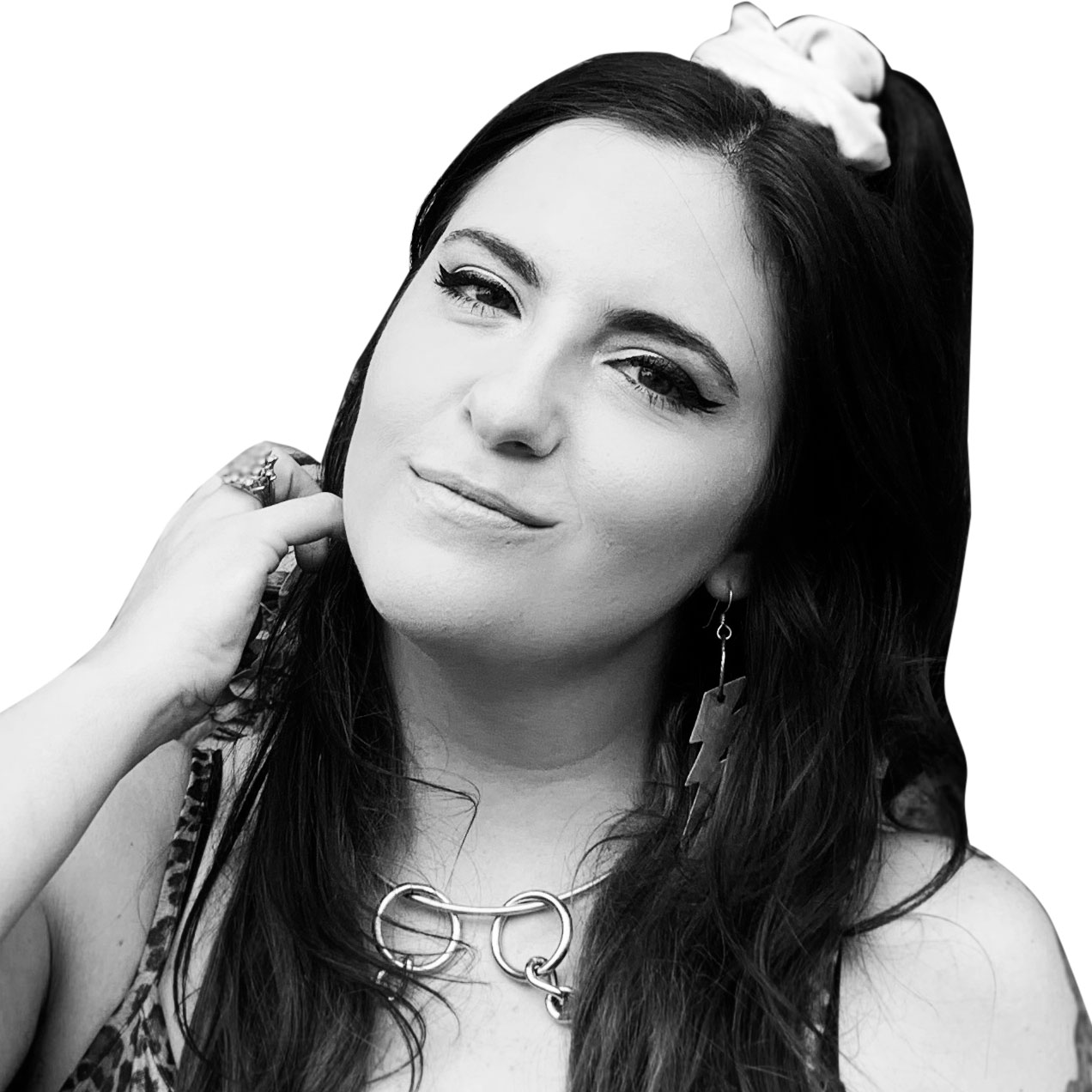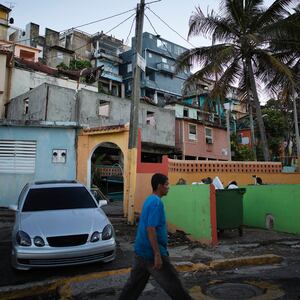SAN JUAN, Puerto Rico—Large sections of Puerto Rico plunged into darkness Tuesday after a 6.4 earthquake that killed at least one person and left island residents still recovering from the aftermath of Hurricane Maria feeling newly vulnerable, frustrated, and alone.
A day earlier, another quake—this one clocking in at a magnitude of 5.8— disintegrated an iconic, natural coastal treasure: a rocky “window" to the sea in Guayanilla that was a popular attraction for both locals and tourists. Tuesday’s activity, however, severely impacted the electrical grid, leaving parts of the island without power in a bitter recall of the nearly yearlong partial outage that began in late 2017.
As of Tuesday evening, the latest blackout remained widespread, with the power authority still working to reestablish service for the majority of the island. (The Daily Beast reached out for comment to the agency but had not received a response at the time of publication. Up-to-date info on power restoration can be found here.) Many residents were also without water.
In addition to the fear of constant aftershocks, especially for those living in the southern part of the island, the specter of past government failures—not to mention cascading U.S.-Iranian conflict drawing most of the headlines—had some residents resigned to riding out this new kind of storm on their own.
Sarimer Valedon Morciglio, 27, lives close to Guayanilla, in Yauco, with her mother. They adopted a state of emergency preparedness after Monday’s quake, deciding to sleep together in the living room of their home—fully clothed, shoes included.
Still, when Tuesday’s quake hit, Valedon Morciglio’s 50-year-old mother was injured: “My mom fell,” she told the Daily Beast. “She has a mark on her head, a bruise on her side, and her knee is swollen.”
Of the homes and buildings that have fissured or ruptured, a three-story, active public school in Guánica folded into itself like a half-crushed soda can. Because of the hour, no students were inside. Meanwhile, images of crumbled or cracked cement houses and buildings around the island, particularly around the epicenters near the southern towns of Guánica and Guayanilla, were flooding Puerto Rican social media throughout Tuesday.
Aftershocks rolled in one after another, Morciglio added, her voice quivering. “It was like, four in a row. You couldn’t move.”
Guayanilla resident Hector J. Nieves García, 35, was grateful to see his home intact as of late Tuesday. But he worried for his cousins and aunt, who live close by in a house built atop columns. Some of the houses that have succumbed to the quakes are built in the same style, he explained. No changes are apparent as of now, he added, “But you never know. We’re not experts.”
Both Valedon Morciglio and Nieves García, as well as another Guayanilla resident, 47-year-old Tato Torres, said they were feeling at least two aftershocks, some stronger than others, per hour as of late Tuesday.
“You think you’re prepared, but you’re never prepared for this,” Torres said. “You feel very vulnerable.”
In Torres’ own barrio, neighbors were congregating outside, some sitting in their cars, worried that the next event could bring the collapse of any structure they might be inside. He lamented that few seemed to have concrete plans of action for quakes like these. “There are basic understandings that everyone should know, and it would help alleviate the anxiety,” he said. “But there’s no resources.”
He put no stock in government aid, saying instead that, like the island’s recovery post-Hurricane Maria, it was the Puerto Rican diaspora in combination with those on the ground—communities working together—where help and support might be found.
On Tuesday, Governor Wanda Vázquez Garced, who succeeded former Governor Ricardo Rosselló after leaked chat logs and corruption allegations led to his resignation, declared a state of emergency. But considering the commonly acknowledged failures of Puerto Rico’s government and FEMA post-Hurricane Maria, Torres was far from alone in his reluctance to rely on authorities for help.
For Valedon Morciglia, there was safety—and some tranquility—in numbers. She and her mother were, by Tuesday evening, now staying with family members, albeit still in Yauco. Her mother’s injury and also seeing an estimated 80-pound gate fall and break on their property, she explained, was enough impetus for them to find refuge elsewhere. They don’t want to experience what comes next alone.
“It’s frustrating,” she said, trembling. “I just hope when we get back that the house is still there.”








